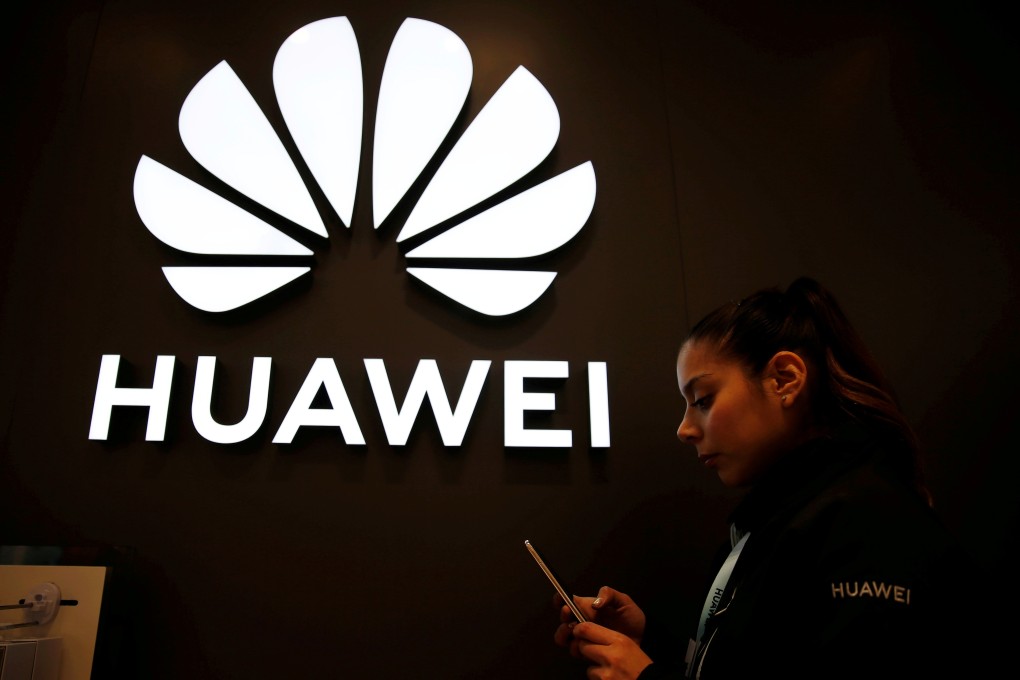US senators seek to lock in limits on Huawei and keep it out of trade talks
- Bipartisan group of six are concerned that US President Donald Trump might swap the ban in negotiations with China
- ‘We take this threat seriously and President Trump shouldn’t be able to trade away those legitimate security concerns,’ one senator says

A bipartisan group of US senators proposed a law on Tuesday to prevent Chinese telecommunications company Huawei Technologies from doing business with US companies without Congressional approval instead of relying solely on an executive order by President Donald Trump, thus limiting his ability to use the firm as a bargaining chip in trade talks with Beijing.
Trump declared a national emergency on May 15, signing an executive order that did not name Huawei, a leader in 5G technology, but barred the use of telecommunications equipment made by companies that are deemed a threat to national security. The US Commerce Department quickly followed within minutes by putting Huawei on its “Entity List”, effectively stopping the firm from doing business with US companies.
![Chris Van Hollen, Democrat of Maryland, one of six US senators to introduce the Huawei bill, said they were doing so to ensure that the Trump administration not “[relieve] penalties on Huawei without the approval of Congress”. Photo: Bloomberg Chris Van Hollen, Democrat of Maryland, one of six US senators to introduce the Huawei bill, said they were doing so to ensure that the Trump administration not “[relieve] penalties on Huawei without the approval of Congress”. Photo: Bloomberg](https://img.i-scmp.com/cdn-cgi/image/fit=contain,width=1024,format=auto/sites/default/files/d8/images/methode/2019/07/17/9890806e-a7e6-11e9-8d5c-2d5b58977904_1320x770_065708.jpg)
Six senators introduced the legislation “to reinforce the Trump administrations’s efforts to prevent the Chinese-owned telecom company Huawei from threatening America’s national security”, they said in a joint statement.
“The Defending America’s 5G Future Act would codify President Trump’s recent Executive Order and would prohibit the removal of Huawei from the Commerce Department Entity List without an act of Congress,” the senators said.
“Huawei isn’t a normal business partner for American companies, it’s a front for the Chinese Communist Party. Our bill reinforces the president’s decision to place Huawei on a technology blacklist. American companies shouldn’t be in the business of selling our enemies the tools they’ll use to spy on Americans,” said Senator Tom Cotton, Republican of Arkansas, one of the sponsors of the bill, which is a companion to legislation already introduced in the House of Representatives.